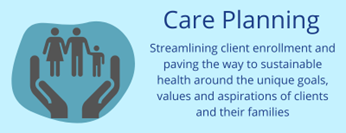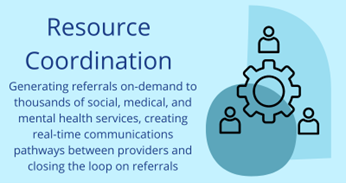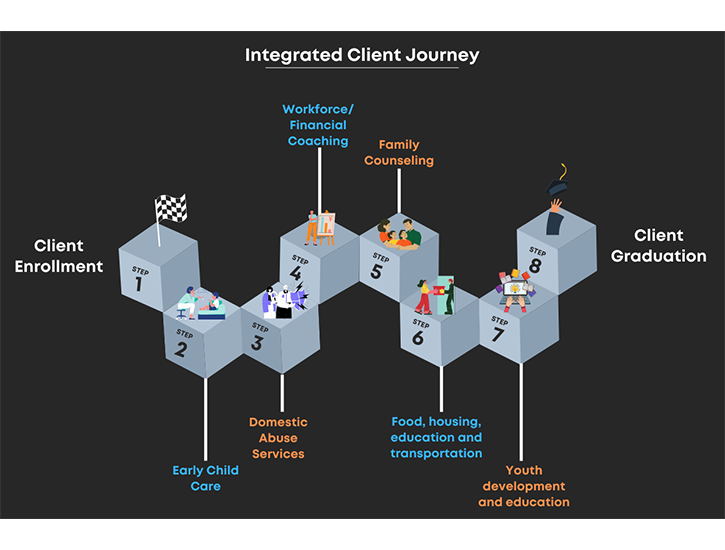Redefining the Future of Healthcare
PCIC is excited to announce a partnership with United Way of Greater Houston/ 211 (UWGH) to build the technology and data-sharing infrastructure for the Integrated Client Journey (ICJ) program. The ICJ program, part of UWGH’s “Second Century Vision”, will support “ALICE” individuals (Asset Limited Income Constrained Employed), by working with them to create individualized pathways to better health and an improved quality of life, based on the unique life experiences and personal values of the individuals and their families. Parents will engage in a variety of programs designed to teach them critical, yet often overlooked, life skills, such as financial coaching, workforce coaching, and tax preparation. Improving the stability of the parents’ financial and health situations means that families now afford their children a valuable education and basic care, in addition to the programs designed specifically for their enrichment.

PCIC’s Unified Care Continuum Platform, and its 3 modules– the Community Care Coordination (CCC), Community Resource eXchange (CRX) and Community Data eXchange (CDX)- will serve as the technology backbone for this project, focusing on individualized care planning, care coordination, and tracking of outcomes across 100+ agencies.
The care planning module will streamline client intake and enrollment, a process led by the clients themselves to seek assistance. After enrollment, client navigators can assess need, construct goals and action steps in line with the aspirations and unique values of each client and their family. Integrated into the platform are key assessments to regularly measure the progress of their journey. Additionally, the analytical dashboards within this module will provide valuable success metrics at individual and program levels to assess the efficacy of the intervention.
PCIC’s resource coordination and referral management module will provide end-to-end referral workflows and close the loop on referrals that may conventionally be unattended or unfulfilled. As part of this solution, PCIC supports functionality for dedicated referral pathways, through preferred partner networks that are established in the community, where PCIC’s platform is already in use. This allows navigators to generate instantaneous electronic referrals to thousands of social, medical, and mental health services across the community and beyond. With real-time communication features available on the platform, navigators will be able to call, SMS message or email representatives from any referring agency and clients, to follow up on referrals. This facilitates the rapid sharing of care plans and client information, with the agency that offers services for the required resources. This will be a tremendous step forward for response times and the precision of quality care for clients, particularly at this scale.

To understand the scope of need at a large scale, and to ensure the most accurate and current information is represented on the platform, the data analytics module will link client data from partner agencies to highlight needs, track impact and outcomes.
A Master Client Index (MCI) infrastructure helps map cross-sector utilization and bridge the communication gap between agencies.
This platform brings together a comprehensive care planning tool with expansive data insights, real-time communication, and robust referral coordination features in one cohesive solution. This technological infrastructure promises to not only pioneer the path forward for team-based care, but in conjunction with UWGH’s Second Century Vision, we will see the emergence of a new practice of holistic healthcare.
We are extremely excited to kickoff this project and see it burgeon over the next several months. Stay tuned for updates!



